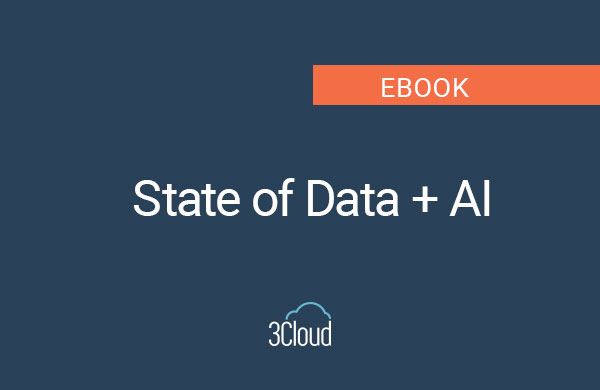In the field of data analytics and business intelligence, Power BI has become a key tool for converting raw data into actionable insights. As companies use this tool, the need for effective DevOps practices tailored specifically to Power BI development is becoming increasingly clear. In this blog post, we will explore various methodologies for implementing DevOps practices in Power BI development, ensuring streamlined processes and better collaboration. You’ll learn about best practices for collaborative development, version control and deployment cycles, all designed to enhance your Power BI projects and drive organizational success.
DevOps Practices For Deploying Power BI
Power BI DevOps encompasses a suite of methodologies and tools aimed at streamlining development processes and enhancing collaboration among teams. These practices ensure that every stage of Power BI development is efficient, from initial design to final deployment.
Collaborative Development
Collaborative development lies at the heart of Power BI DevOps, fostering teamwork among data analysts, developers and stakeholders. By leveraging shared workspaces and centralized repositories, teams can collaborate seamlessly on Power BI projects, facilitating knowledge sharing and iterative improvements. This synergy not only enhances productivity but also ensures that business insights are consistently refined and aligned with organizational goals.
Ensuring Version Control
Version control plays a pivotal role, allowing teams to track changes, revert to previous versions if necessary and maintain a coherent development history. This ensures that all stakeholders are aligned and can confidently build upon each other’s work without the risk of version conflicts or losing any data.
Version control facilitates accountability and transparency, as every change is documented and attributed to specific team members. This robust system ultimately supports a more efficient and reliable development process, critical for successful project delivery.
Maintaining Compliance
Compliance is another critical aspect of Power BI DevOps, particularly for organizations operating in regulated industries. With stringent data governance requirements, compliance frameworks ensure that data handling and visualization practices adhere to industry standards and legal obligations. DevOps practices help integrate compliance checks into the development lifecycle, minimizing risks and ensuring that Power BI reports and dashboards meet regulatory requirements before deployment.
Enabling Automated Deployments through CI/CD Pipelines
Automated deployments through Continuous Integration and Continuous Deployment (CI/CD) pipelines further enhance efficiency and reliability in Power BI development. CI/CD pipelines automate the build, testing and deployment processes, reducing manual errors and accelerating time-to-market for new features and updates. By automating repetitive tasks, teams can focus more on innovation and less on deployment logistics, achieving a faster and more reliable release cycle.
Conclusion
Power BI DevOps is pivotal in maximizing the potential of data while maintaining agility and compliance. With collaborative development environments, ensuring robust version control, adhering to compliance standards and automating deployments through CI/CD pipelines, organizations can effectively use the full power of Power BI. By integrating these methodologies, businesses can quickly adapt to changing requirements and market demands, ensuring their analytics remain relevant and actionable. Organizations can experience increased productivity leading to higher-quality outputs and faster delivery times.
The agility that Power BI DevOps provides is particularly beneficial in fields such as business, healthcare and sports, where timely insights can drive significant advantages. Robust compliance measures help organizations adhere to regulatory standards, safeguarding data integrity and confidentiality and minimizing risks. As a result, streamlined deployment cycles reduce downtime and enhance the efficiency of delivering updates, allowing for continuous improvement and innovation.
Embracing these DevOps practices empowers teams to deliver high-quality insights and solutions that drive business success. 3Cloud uses these DevOps practices consistently in Power BI implementations to shorten development cycles and enable better adoption across end users. Want to learn more? Contact us today.




